Search Results

How to Model Heat and Moisture Transport in Porous Media with COMSOL®
Modeling the transport of heat and moisture in porous media, like building envelopes and other construction materials, is a simple process with a predefined Heat and Moisture Transport interface.
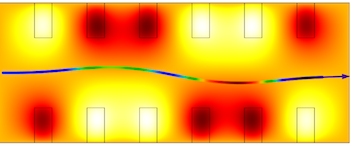
How Does the Choice of Ray-Tracing Algorithm Affect the Solution?
When performing a high-frequency optics simulation, do you use a sequential, nonsequential, or exact ray tracing algorithm? Learn how to choose to make the most of your solution.
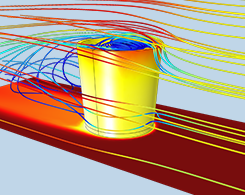
How to Model Heat and Moisture Transport in Air with COMSOL®
First, we discuss how to model heat transport in moist air. Then, we add complexity by demonstrating how to couple heat and moisture transport in air in your simulation.
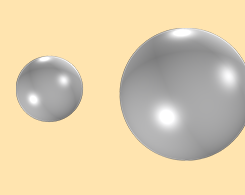
How to Calculate a Capacitance Matrix in COMSOL Multiphysics®
Calculating the capacitance between two conductors is simple, but adding more conductors to the mix (as is the case with touchscreens, transmission lines, and capacitive sensors) adds complexity.
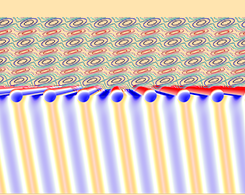
How to Model the Optical Properties of Rough Surfaces
We develop a computational model for calculating the optical properties of rough surfaces, such as incident light on a dielectric material with random variations in height and thickness.
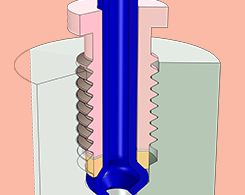
Studying Stress in Threaded Pipe Fitting Designs from CAD Assemblies
Threaded pipes are durable, reliable, and resistant to damage from heat and stress. You can combine a CAD assembly of a threaded pipe with a COMSOL Multiphysics® analysis to study its design.
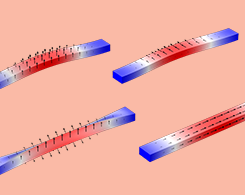
How to Analyze Eigenfrequencies That Change with Temperature
In certain scenarios, such as in the MEMS field, the eigenfrequencies of a device can change with temperature. Here’s a guide to studying temperature-dependent eigenfrequencies.

Studying the Artificial Ground Freezing Method with Simulation
Artificial ground freezing (AGF) is a valuable process in the construction industry. Researchers from China modeled groundwater flow to optimize an artificial ground freezing (AGF) process.
